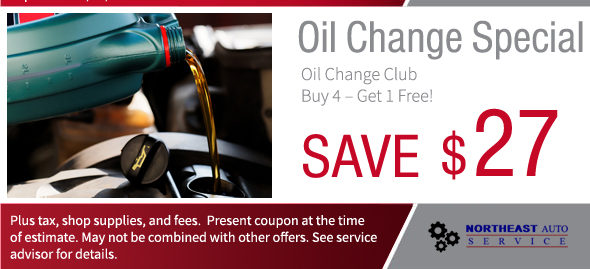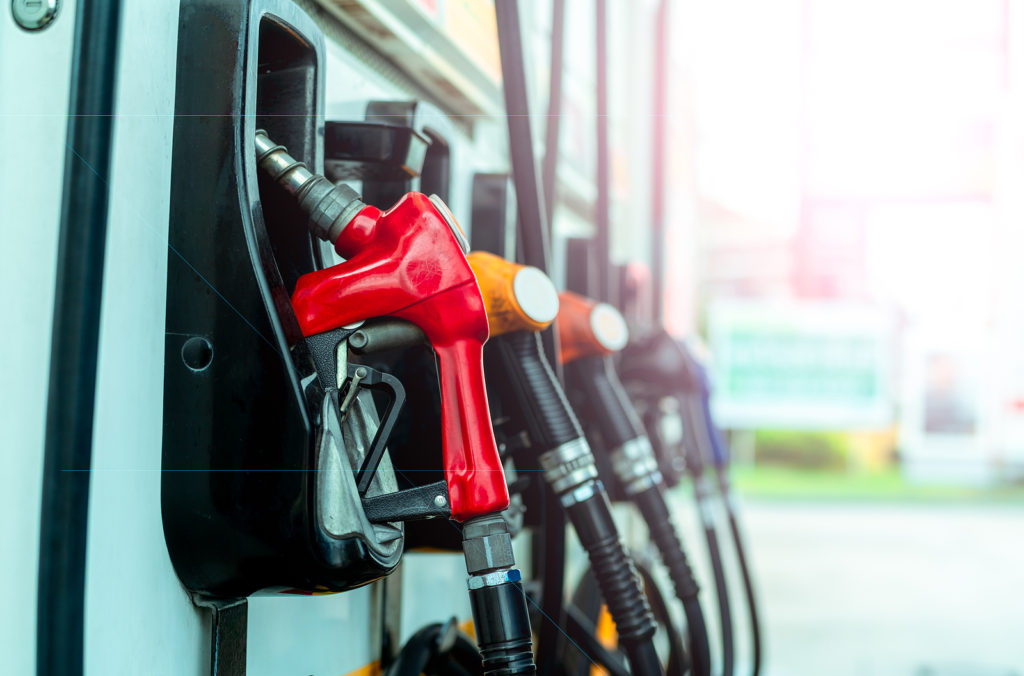With the ever-inflating gas prices today, anyone who has to drive a car is looking for ways to save on fuel. For many generations, it has been suggested that larger tires promote improved fuel efficiency; but is this true? Continue reading to learn the truth about the link between tires and gas mileage, plus what you can do to save a few bucks this year when fueling up Regardless of the size of your car tires.

Tire Diameter Can Affect Fuel Consumption
According to many professionals in the automotive manufacturing industry, tire diameter does have an effect on how a vehicle uses fuel. After all, any change in tire diameter will impact several factors of the vehicle’s performance, from braking and acceleration to traction control, maneuvering, and of course, fuel economy. In fact, it is suggested that a car can experience up to 25% loss or gain in terms of fuel economy depending on the type and condition of the tires.
Although there are several factors that can influence such fluctuations in fuel efficiency, these four factors seem to have the most impact:
► VEHICLE WEIGHT
► TORQUE CURVE
► GEARING
► AERODYNAMICS
Tire and Engine Revolutions Per Minute (RPM)
Industry experts also suggest that larger tires make more contact with the road per tire revolution. As a result of this increased contact, the car uses less gearing power in the engine runs at lower revolutions per minute. This promotes increased fuel economy because the car is using less gasoline to travel the same distance. Many drivers insist that taller tires can also promote better fuel efficiency due to improved wind resistance.
However, keep in mind that this notion of tire diameter and fuel economy coinciding with one another is not universal across the board with all make and model vehicles. It is important to consult with your trusted automotive mechanic in Indianapolis to ensure that your tires are in good condition and compatible with your driving objectives.
More Tips on How to Improve Gas Mileage:
► Stay current all factory scheduled car maintenance.
► Maintain proper tire inflation and tire pressure.
► Take heavy items out of your trunk or backseat.
► Avoid idling for extended periods of time.
► Practice smooth inpatient driving.
► Use the proper fluids and fuel for your make and model vehicle.
► Start a carpool club.
► Use public transportation more often.
► Repair any mechanical problems with your car right away.
Are you looking for a trusted mechanic in Indy who can help you tune up your car and save more on fuel? Contact Northeast Auto Service at 317-475-1846 for professional automotive service and repair in Indianapolis, Indiana. Request a free estimate, or schedule service, today.
Related Posts:
4 Ways to Get Better Gas Mileage
Do Manual Cars Get Better Fuel Mileage Than Automatics?
What Happens if You Put the Wrong Type of Fuel in a Car?
Frequently Asked Questions About Gas Caps



